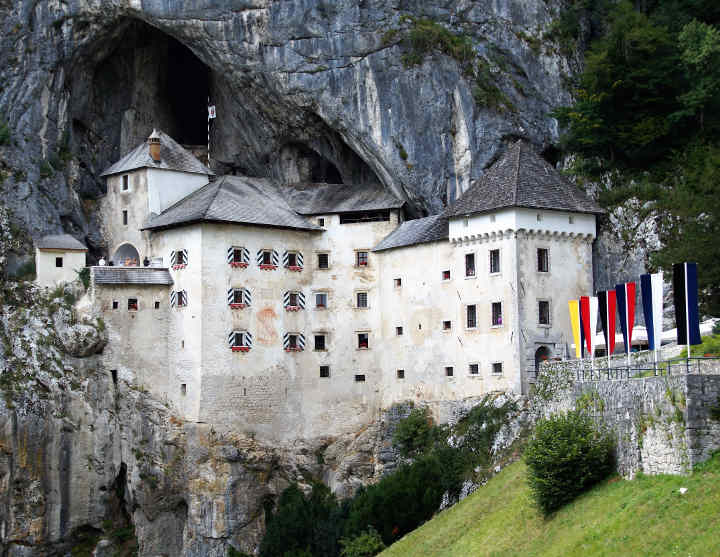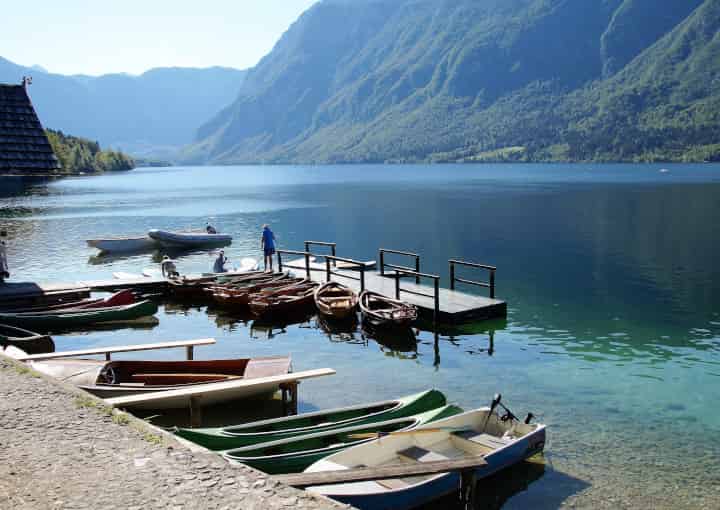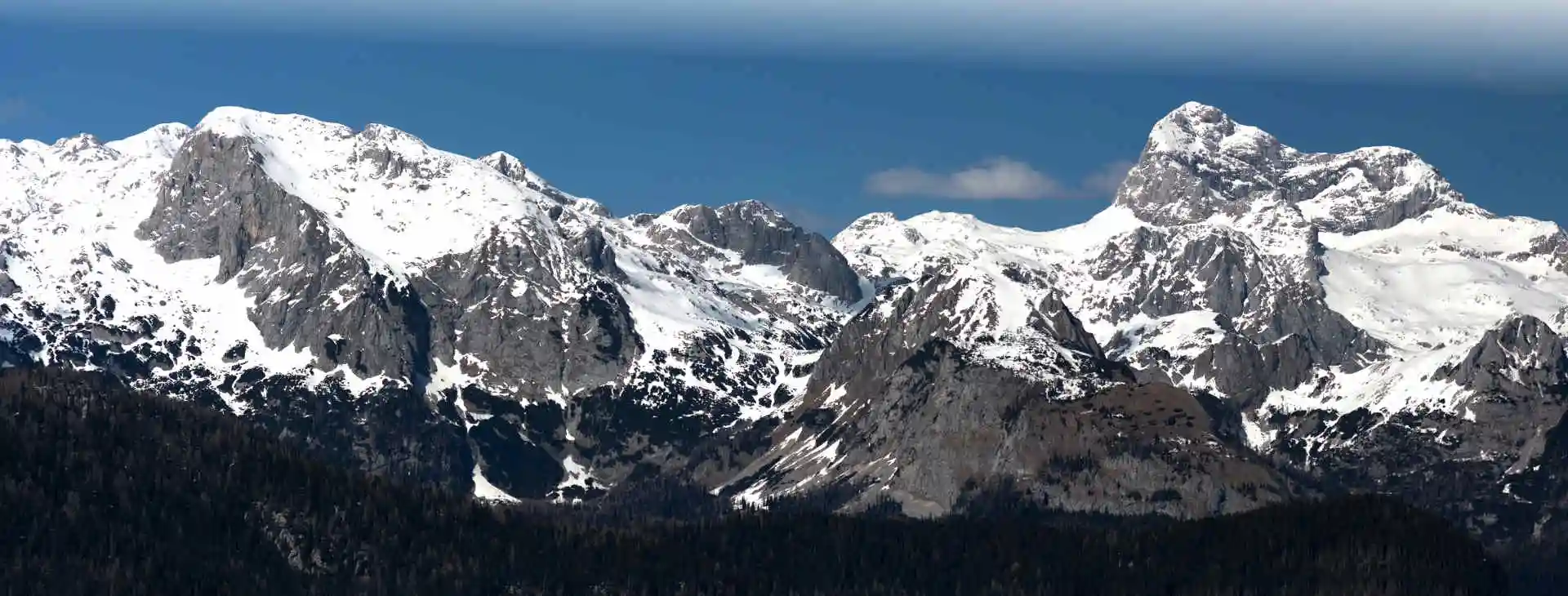Professional Slovenian Translation Services
Halifax provides professional Slovenian translation services.
Translation and editing, certified Slovenian translation, Slovenian interpreter, simultaneous or consecutive – Halifax provides all Slovenian language services. We translate into Slovenian and we translate Slovenian to English, Chinese, French, German, Spanish, Russian, Albanian, Bulgarian and many other languages.
Slovenian is a Slavic language, but rather different from the surrounding languages, notably in temperament – read below what our translator has written about it.
Comprehensive Slovenian language services
Nudimo kompletnu uslugu prevođenja sa slovenačkog, uključujući:
- Slovenian document translation
- Certified professional Slovenian translation
- Revision, editing or proofreading of Slovenian documents
- Slovenian document conversion
- Slovenian interpreting
- Video translation & transcription from and to Slovenian
- Desktop publishing (DTP) for Slovenian
Our prices are among the lowest you will find for a reliable professional Slovenian translation service. See our prices page for details.

The Slovenian language – our translator’s viewpoint
We asked one of our translators, a Slovenian translation professional who has worked with us for many years, to tell us something about her language. She studied it and has a diploma in Slovenian philology, and has worked with it professionally for 18 years. Here is what she told us.
What particular challenges do you face when you translate or interpret Slovenian?
I work with professional Slovenian translation, so it is my job to be on top of the difficulties that arise in the language. But I could say something about how the language is used differently in the region. I often find myself translating between Slovenian and Serbian, two quite different cultures that require attention to nuances of the language.
If we were to make a psycholinguistic observation on the connection between language and thought, we might notice in Slovenian a softer, more innocent shade of description than in Serbian, simply because Serbians are more direct, more straightforward in the way they communicate. The true nuance sometimes remains untranslatable. Here are some examples:
Premalo nedolžen si – Literal translation: ‘You’re too little innocent’, ‘too little uncorrupted’ (could be better.). But in Serbian this is an unacceptable construction. A more precise translation would be: ‘You’re rotten, corrupt, depraved’ (a harder and more definitive diagnosis). Malopridnež – Literal translation: ‘little (not very) good’, but the word itself implies that such a person could improve. A more precise translation as Serbians speak could be: scoundrel, bastard.

When Slovenian speakers talk about the community to which they belong, it is interesting that they use the first person plural, include themselves, whether it is a positive or a negative thing they are saying. For example: Are we economists better now ?; We Slovenians are getting fatter – while in Serbian these sentences would be: Are economists better now? Serbians are getting fatter.
Tell us about the origins of the Slovenian language.
Slovenian is a Slavic language. The oldest written sources indicating the features of the Slovenian language are the Bruges documents, written in the Latin script. According to traces of paleographic research, they were created in the Carinthian region in the period 927-1039. Texts containing features of Slovenian were formed earlier, probably in the 8th century.
In the Middle Ages, there were no written works in the Slavic language except for church prayers. In the mid-16th century during the Reformation, we could talk about the formation of a Slovenian literary language, which relied on Lower Carniolan and Pannonian, and to a lesser extent on Upper Carniolan speech. The creator of the Slovenian language is the Protestant writer Primoz Trubar, who first wrote the Catechism and Alphabet in 1550 and from 1557 to 1560 translated the New Testament. Yuri Dalmatin was the first to translate the entire Bible into Slovenian, which was published in 1583. The first Slovenian grammar Zimske urice proste was written in 1584 by Adam Bohorič, and the first dictionary (German-Latin-Slovenian-Italian) by Jerome Megiser in 1592.

Slovenian belongs to the South Slavic group of languages. Many Slovenian words are derived from the common Old Slavonian, so there are many similar words in Slovenian, Serbian/Croatian, Czech, Russian and other Slavic languages. There are approximately two and a half million speakers of Slovenian, most of whom live in Slovenia.
Does Slovenian have any peculiar features?
Given the number of speakers, Slovenian has many dialects. According to a general estimate, there are 48 dialects in Slovenia: some are so different that some dialect groups are difficult to understand for speakers of others. Such diversity of languages is conditioned by geographical, political, historical, social and other reasons. There are eight dialect groups: Dolenjska, Gorenjska, Carinthia, Littoral, Styria, Pannonian, Rotva and Kočevje.
Slovenian is a western South Slavic language and one of the few Indo-European languages which, apart from singular and plural, has preserved a dual-dual, so we have special forms for the two of you, two of them, etc. (e.g. 1st person singular of the verb raditi (to work): Jaz delam, 1st person dual: Midva delava, 1st person plural: Mi delamo…)
Some word roots in related languages have taken on different meanings, so in Slovenian we often come across so-called false friends i.e. words that appear the same as in related Slavic languages but have a completely different meaning.
Some examples: poročna priča – best man (priča – witness, in Serbian for example it would mean a story); grad – fortress (in Serbian or Croatian it means a town); celina – a continent (in Serbian or Croatian it means the whole of something); tačka – paw (a point or spot); nogavica – sock (trouser); drag – expensive (dear) ; pogodba – contract (agreement or deal); ugovor – objection (contract)…

Slovenia
From the high Slovenian Alps to the Adriatic coast, You can ski in the morning and swim in the afternoon. You can enjoy spots of astonishing beauty such as the lake at Bled. You can relax in one of Europe’s smallest capital cities where life feels so easy.
If you are unfamiliar with Slovenia but would like to know more about it, try Lonely Planet.
